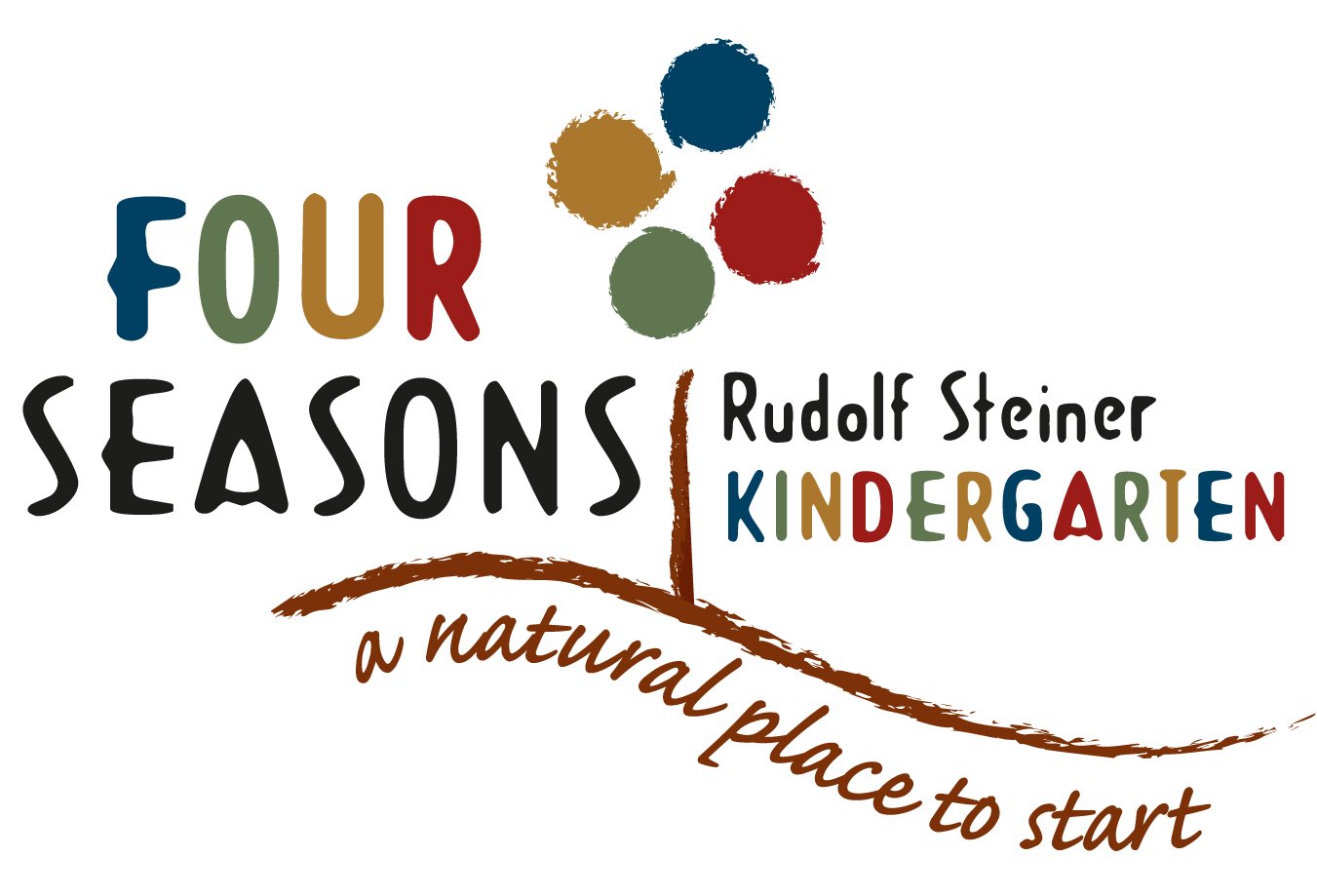How was your day?
Letting go and trusting your child with another adult can be challenging. At the end of the kindergarten or school day, you are naturally curious about your child’s day. “How was your day?” or “what did you do today?” are common questions asked at kindergarten and school pick-up times.
Whilst these questions come from a loving place and fill a need for reconnection after some time apart, they can be tricky to answer, especially for a young child. It’s not unusual for a child to look blankly at their parent or give a one-word answer. All the while, the loving adult is asking more questions in the hope that they’ll get an insight into their adored’s day.
This morning I was observing in the kindergarten, quietly having a cup of tea and watching tamariki at play in the garden. Here’s what I witnessed; digging to the centre of the earth in the sandpit (whilst keeping my spade down low and not flicking sand at my friends), running through the trees playing chase, placing the ladder against the fence to peer over and check out what was happening on the other side, filling a weedeater with petrol and taking care of the lawns (imaginatively speaking here, we don’t actually have a ‘real’ weedeater and petrol for children to play with), checking out the newly hatched monarch butterfly (looking only with my eyes and not my hands), running up the slide whilst friends were waiting in a line at the top to come down the slide (tears because I didn’t get to the top before a friend came down).
Would it amaze you to know that all of this beautiful play and adventure was accomplished by one child? And in 15 minutes?
Tamariki (children) live entirely in the moment. The power of now is strong for them, and looking into the future and, equally, recalling the past upon demand is tricky. When we look at the brain science around this, it’s not until our tamariki are older that this ability to recall upon request forms. This gives you an insight as to why you get a one-word answer or a blank look when you ask, “What did you do today?”
When your child has had a day that brought challenges, you might get a reply from them that brings you concern. Children are telling you their truth, which is so real for them. And it’s best to check in with the kaiako (teaching) team to learn more about the ‘bigger truth’ around the upset or comment.
So, the question is, how do I learn about my child’s day, and what’s the best way to reconnect with my child after our time apart?
Touch is important for the young child; a loving hug, taking them by the hand, or if your child isn’t into hugs and touch, then a ‘hug through loving eyes’ is another way to reconnect. Giving a child space and time to reconnect physically with you is essential. It can take a walk or car ride home before a child has transitioned from the busyness of the kindergarten or school day before they can share words about what happened for them. Giving the golden gift of silence in the car ride by turning off the radio/music before you get home allows for the ‘inner digestion’ of a day and can make all the difference for a smooth transition into home life.
Sharing an observation of your child once they’ve transitioned from kindy or school to home can be one way to encourage conversation about their day. “You looked really happy at the end of kindergarten today” or “I wonder if you’re tired; you look like you had a busy day?” can open up a space for them to share.
Connecting with a kaiako (teacher) is another way to gain insight into their day, best done in a quiet space. With a bit of a heads up, “I’d love to connect with you at the end of kindy to talk about what Alice experiences in her day” allows kaiako to focus deeper and give whanau the insight that is hoped for.
Blog by Traceylee

